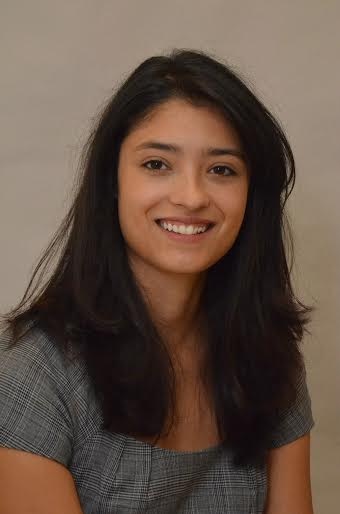|
| |
Higher Ed: CEA Coming to the Fall Workshop My name is Stephanie Martinez I came into this field as an undergraduate student in TESOL classes at Southern Illinois University. This led me to pursue a Master’s degree in Linguistics at the University of Illinois at Chicago. I have been teaching English for the past three years at university-based programs in Chicago and I’m now pleased to continue my professional development at ITBE. I’d like to take this opportunity to express that I am very happy to be the new higher education SIG chair and am pleased to volunteer my time and energy to ITBE. As the new Higher Education Special Interest Group Chair, I plan to focus on ways to help adjuncts and full-time faculty in this field connect and learn from one another. I believe it’s important for there to be a formal and relevant platform for people who are teaching in higher education because the nature of the field, in my experience, is isolated and so fast paced so we miss out on a lot of the team building that other grade levels in this field get to enjoy. As a newer adjunct instructor in this field, I also hope to offer fresh perspectives on issues directly affecting current ESL teachers in higher education by reaching out to those in our field and encouraging as well as nurturing interest in ITBE events. My name is Stephanie Martinez I came into this field as an undergraduate student in TESOL classes at Southern Illinois University. This led me to pursue a Master’s degree in Linguistics at the University of Illinois at Chicago. I have been teaching English for the past three years at university-based programs in Chicago and I’m now pleased to continue my professional development at ITBE. I’d like to take this opportunity to express that I am very happy to be the new higher education SIG chair and am pleased to volunteer my time and energy to ITBE. As the new Higher Education Special Interest Group Chair, I plan to focus on ways to help adjuncts and full-time faculty in this field connect and learn from one another. I believe it’s important for there to be a formal and relevant platform for people who are teaching in higher education because the nature of the field, in my experience, is isolated and so fast paced so we miss out on a lot of the team building that other grade levels in this field get to enjoy. As a newer adjunct instructor in this field, I also hope to offer fresh perspectives on issues directly affecting current ESL teachers in higher education by reaching out to those in our field and encouraging as well as nurturing interest in ITBE events.We have a couple of bits of exciting news from the Higher Education SIG group. The first bit of news is that we have a new Higher Ed. SIG chair as of last month! Her name is Stephanie Martinez. | |
| ITBE Link - Fall 2014 - Volume 42 Number 3 |